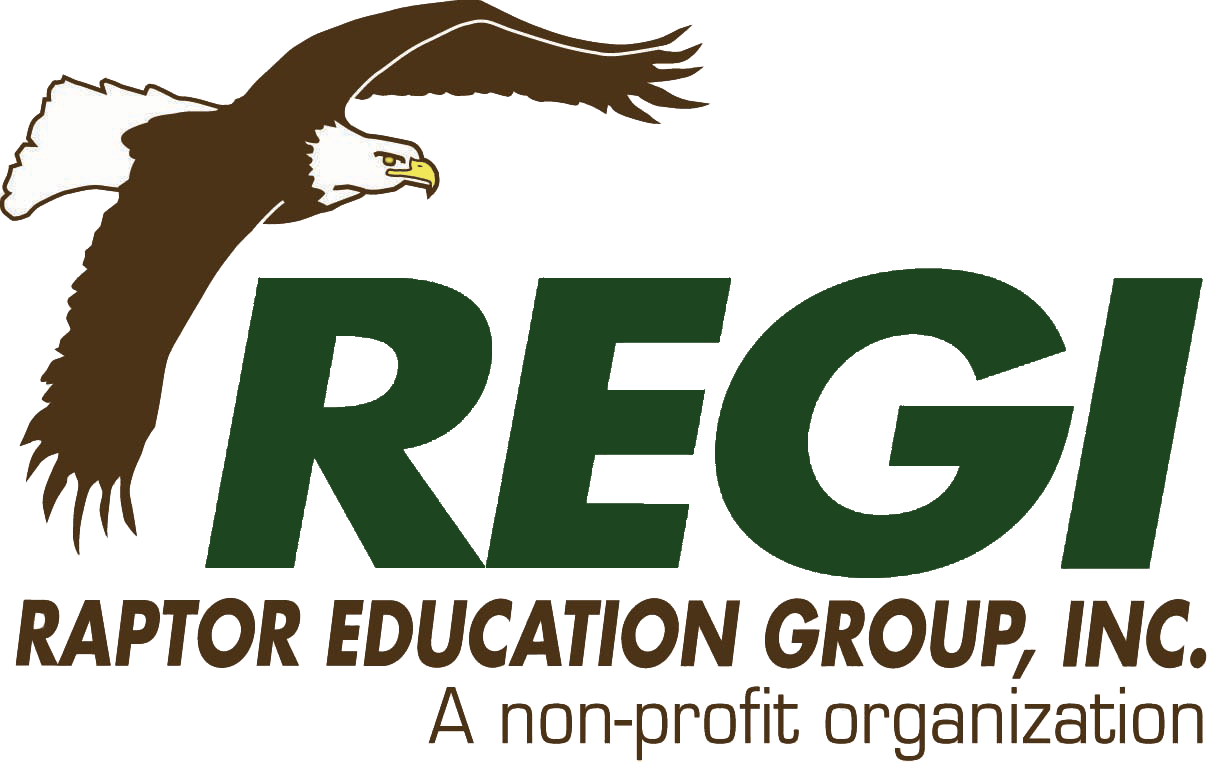I found a baby bird, what do I do?
IMPORTANT! Caring for an injured wild bird of any size requires the immediate specialized care only a licensed rehabilitation center will be able to provide. Your role is to quickly and safely help an injured bird receive that care. Pursing any other avenues, such as home care or veterinary clinics, could not only cost the bird it's life, but may in fact be against the law.* Here's how you can help. The following instructions are appropriate to baby birds as well as song birds, etc. For information on recovering injured raptors (eagles, hawks, owls, etc.), please refer to "How to Handle an Injured Raptor" for instructions.
Orphaned and injured baby birds require specialized care only licensed rehabilitation centers can provide.
IF VISIBLE INJURY . . .
In the event that the baby bird (or songbird) is visibly injured, quickly and calmly perform the following:
Eliminate any immediate threats to the injured bird (animals, playing children, etc.).
DO NOT GIVE THE BIRD ANY FOOD OR WATER!
Prepare a small cardboard box by punching ventilation holes in the sides and the top.
Gently place the bird on a towel within the box and move it to a warm, dry, quiet area.
Call a licensed wildlife rehabilitation center for assistance and transport if able.
Antigo, WI - Raptor Education Group, Inc 715.623.4015
IF NO INJURY . . .
Life as a baby bird is filled with many challenges not the least of which is the potential to fall from the nest. If you find a baby bird on the ground follow these simple steps:
Baby birds require special diets and feeding schedules specific to their species to allow them to recover.
Neutralize Immediate Threats - Be certain the area is free of any animals or situations that may cause the bird additional harm.
Observe from a safe distance - When birds leave the nest for the first time they generally do not have full flight capability and may spend 2 or 3 days on or near the ground. Use your best judgement to determine if you need to intervene.
Carefully return the bird to the nest - If the bird is on the ground and yet unable to fly, carefully place it back in the nest. It is a MYTH that parents won't care for a baby bird once touched by humans.
Substitute a lost/damaged nest - Nail a basket (or a margarine dish with drain holes to prevent drowning) to a tree near the nest site and shielded from direct sunlight. Gently place the baby bird into the "new nest".
Continue Observation - From a safe distance, keep an eye on the baby bird watching for the return of the parents. If after an hour they do not return, contact your local wildlife rehabilitation center for help.
* Under The Federal Migratory Bird Treaty Act and State law it is ILLEGAL for an person to injure or possess an indigenous bird (other than introduced species such as the English Sparrow, European Starlings, or the Common Rock Dove).
Pet owners, it is your responsibility to please keep your pets indoors during sensitive nesting and fledging times.

